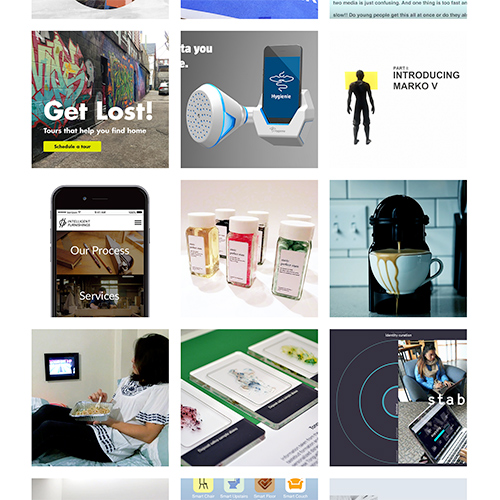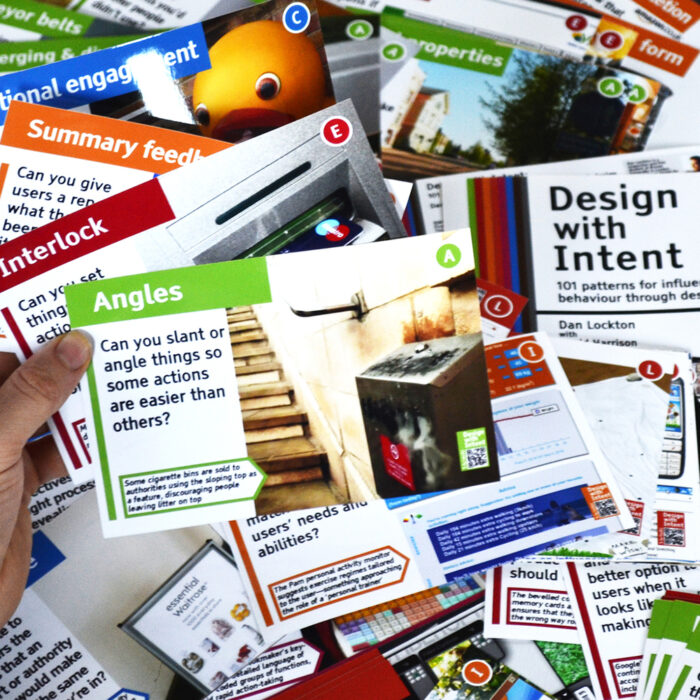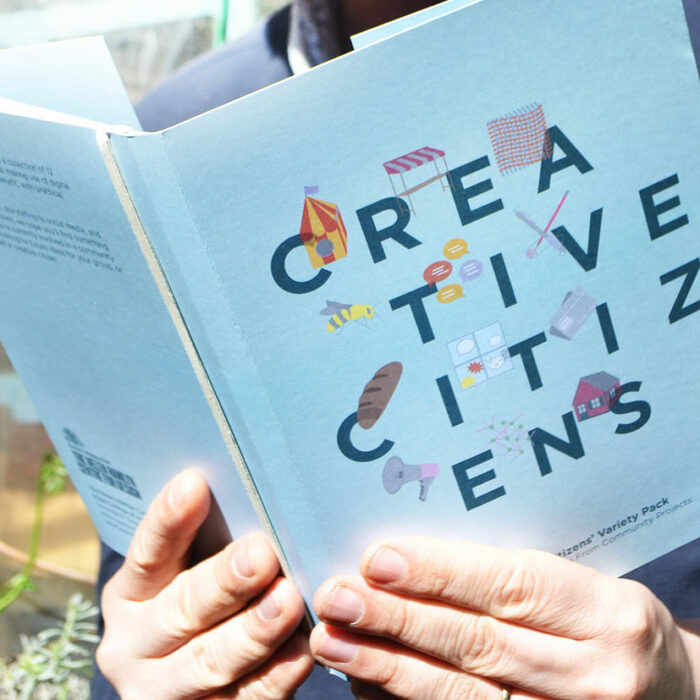All posts by “danlockton”

links for 2008-06-27
Vox Popoli: The importance of condescension Amazing stylised rant about ‘other people’s incompetence’ interacting with a ticket machine in the Paris Metro… (tags: rant usability interaction interactiondesign interface ticketmachine Paris design) TDWTF Forums – The importance of condescension …inspiring this wonderful riposte. I have some […]

Interview with Sir Clive
Chris Vallance of Radio 4’s excellent iPM has done a thoughtful interview with Sir Clive Sinclair, ranging across many subjects, from personal flying machines to the Asus Eee, and touching on the subject of consumer understanding of technology, and the degree to which the public […]

The Seven Habits of Highly Affective Products
A few people, products and experiences have impressed on me the importance of affect, of evoking an emotional response, in persuasion and behaviour change (I’ll admit I haven’t yet addressed how best to incorporate this into the DwI Method). There’s a lot of interesting work […]

links for 2008-07-03
BBC NEWS | Technology | Letters go to music file-sharers “We believe that the idea that 95% of content on the net is free is not sustainable. We don’t believe that society can allow the free consumption of content to persist.” The BPI’s chief executive. […]

Design with Intent presentation from Persuasive 2008
Dan Lockton: Design With Intent (Persuasive 2008) view presentation (tags: environment affordances sustainability lockton) EDIT: I’ve now added the audio! Thanks everyone for the suggestions on how best to do it; the audio is hosted on this site rather than the Internet Archive as the […]

links for 2008-06-09
Protos – Creative Stuff by Kristian Tørning (tags: rhetoric design persuasion persuasivetechnology tørning methods) Digital Productions: Controlling the Flow of Information Crosbie Fitch explores the “angst about losing control over the flow of information” and how it relates to corporate, state and creators’ engagement with […]

User intent and emergence
Something which came out of the seminar at Brunel earlier this week (thanks to everyone who came along) was the idea that any method of selecting ways to design products that aim to shape or guide users’ behaviour really must incorporate some evaluation of users’ […]





